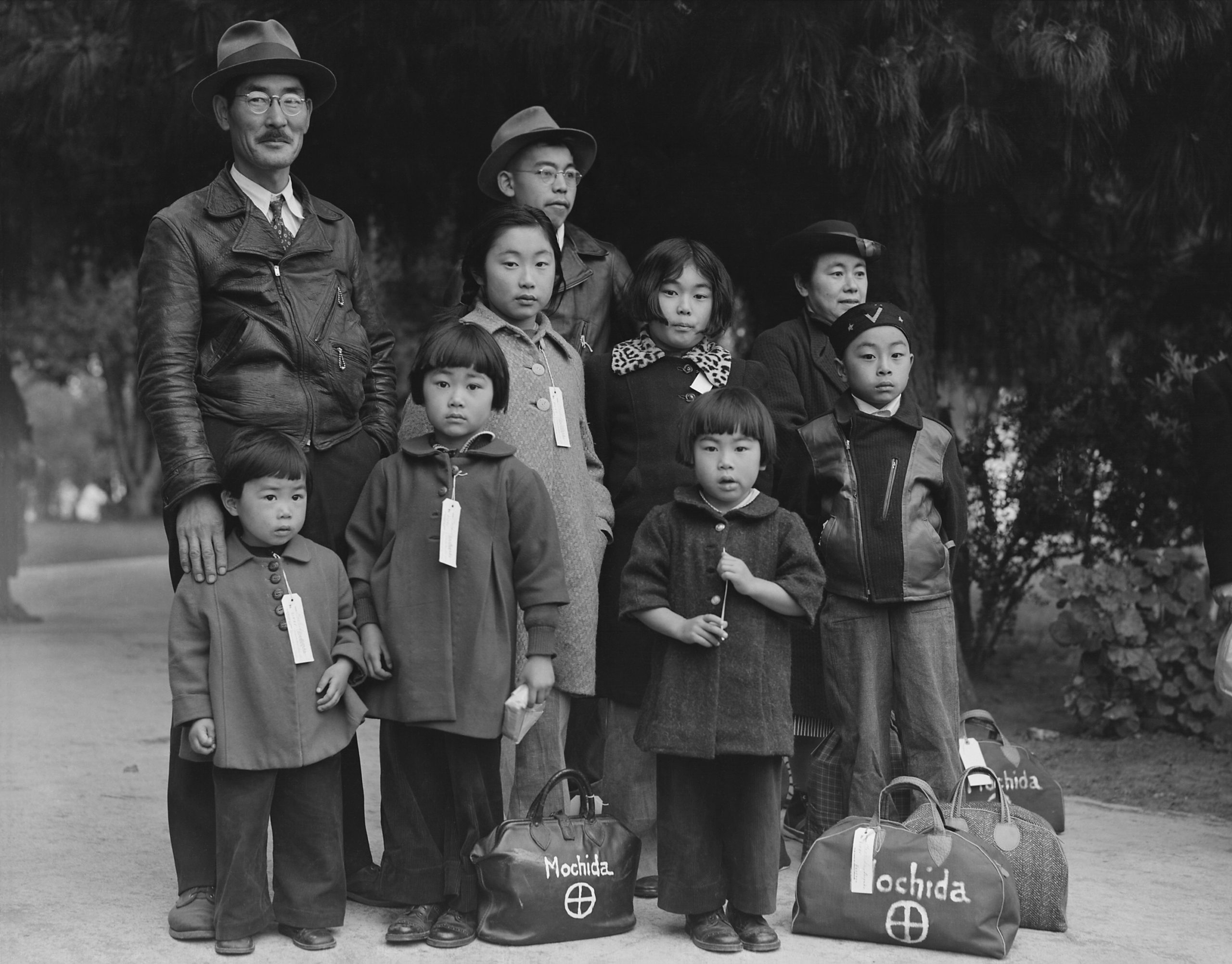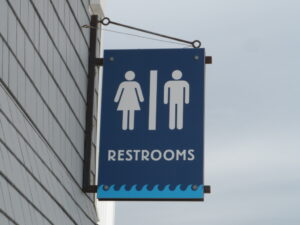The internment of over 100,000 Japanese Americans during World War II remains one of the United State’s most atrocious violations of human rights. They were a result of FDR’s executive order 9066, where “it became the policy of the government that people of Japanese descent would be interred in isolated camps” (History Channel). This was a reaction to the bombing of Pearl Harbor in December 1941 and many Americans saw Japanese Americans as enemies. CNN claims that “it was a result of “racial prejudice, wartime hysteria, and a failure of political leadership” (CNN). Life at these camps was rough, and often the camps were located in remote areas, usually an abandoned fairground or racing track. Each camp acted as a town, with factories, post offices, schools, and work facilities, but all surrounded by barbed wire and guards. This only ended in 1945 as a result of Endo v. the United States, where it was ruled that the War Relocation Authority “has no authority to subject citizens who are concededly loyal to its leave procedure.” (History.com) This decision was announced the day after FDR ended the camps. The first formal apology occurred in 1988 from President Ronald Reagan, apologizing for the government’s action. Congress also gave $20,000 each to 80,000 Japanese Americans as reparations. While this served as an apology from the entire nation, the state of California just recently released a formal apology, over 75 years laters. Just this week, the California assembly made a resolution that is expected to be approved, led by Al Muratsuchi, Marie Waldron, and Anthony Rendon.
Leading the charge for this resolution is Democratic California assembly member Albert Muratsuchi, who was born in Japan. Every year that he has been in the California Legislature, Muratsuchi has introduced a bill that would make February 19th a day to remember those affected by Japanese internment. Muratsuchi wants California to recognize its mistakes, “We like to talk a lot about how we lead the nation by example,” he said. “Unfortunately, in this case, California led the racist anti-Japanese American movement” (NY times). This is a theme stated in the resolution as well, which states California Legislature “apologizes to all Americans of Japanese ancestry for its past actions in support of the unjust inclusion, removal, and incarceration of Japanese-Americans during World War II, and for its failure to support and defend the civil rights and civil liberties of Japanese-Americans during this period” (NY times). Overall there is a lot of support for this legislature, but some Americans of Japanese descent feel this resolution is years too late. Paul Tomita, who was about three years old when his family was forced to relocate to a center in Idaho. He claims that “It’s nice, OK, but it was almost 80 years ago and most of us that were there are dead…Those that were really affected — like my grandparents and parents who lost everything, their businesses, their houses, everything — they’re dead” (NY times). Even so, those still alive are still pleased with the resolution. David Inoue, the executive director of the Japanese American Citizens league, claims “We’re very grateful this is being done…California was at the forefront of many of the discriminatory policies that led up to the incarceration.” (NY times).
People want California to own up to it’s actions, especially since a large portion of people interned were from Calfornia. This wasn’t the only action committed against Japanese Americans though, which makes an apology even more deserving. The state even enforced racist policies before the executive order. The legislature in California approved policies against people of Japanese descent. One of these was the California Alien Land Act of 1913 and 1920, where people of Japanese ancestry and other Asian immigrants were not allowed to purchase or lease land. Another example was a resolution in 1942 where the loyalty of Japanese Americans could be questioned, and a state board could easily dismiss any state employee deemed to be disloyal. Clearly California had a history of unfair policies before the internment camps, showing the racism already prevalent in the state at that time. Even with this past, California has been making effort to reconcile their past. CNN explains “In 2006, California passed a law that formally apologized for its role in the Depression-era “Mexican Repatriation,” when a wave of anti-Mexican hysteria prompted officials to round up Mexican immigrants and Mexican-Americans living in the US and force them to relocate to Mexico” (CNN). There were similar resolutions released apologizing for the discrimination against Chinese immigrants as well as the atrocities committed against Native Americans in California. Current issues also played a role in this new resolution apologizing for the actions against the Japanese Americans. Albert Muratsuchi, claims “inspiration for that passage were migrant children held in U.S. government custody over the past year” (CNN? CHECK SOURCE). This was a common opinion among others too, many former internees and their descendants “have found common cause with migrant children who have been detained by the Trump administration. They have also criticized the Supreme Court for upholding Trump’s ban on people traveling from mostly Muslim countries” (Washington post). People want to make sure something like Japanese internment never happens again in the United States. Even if it is almost 80 years later, California can be seen as an example for apologizing for past actions and remembering the atrocities of Japanese internment.




